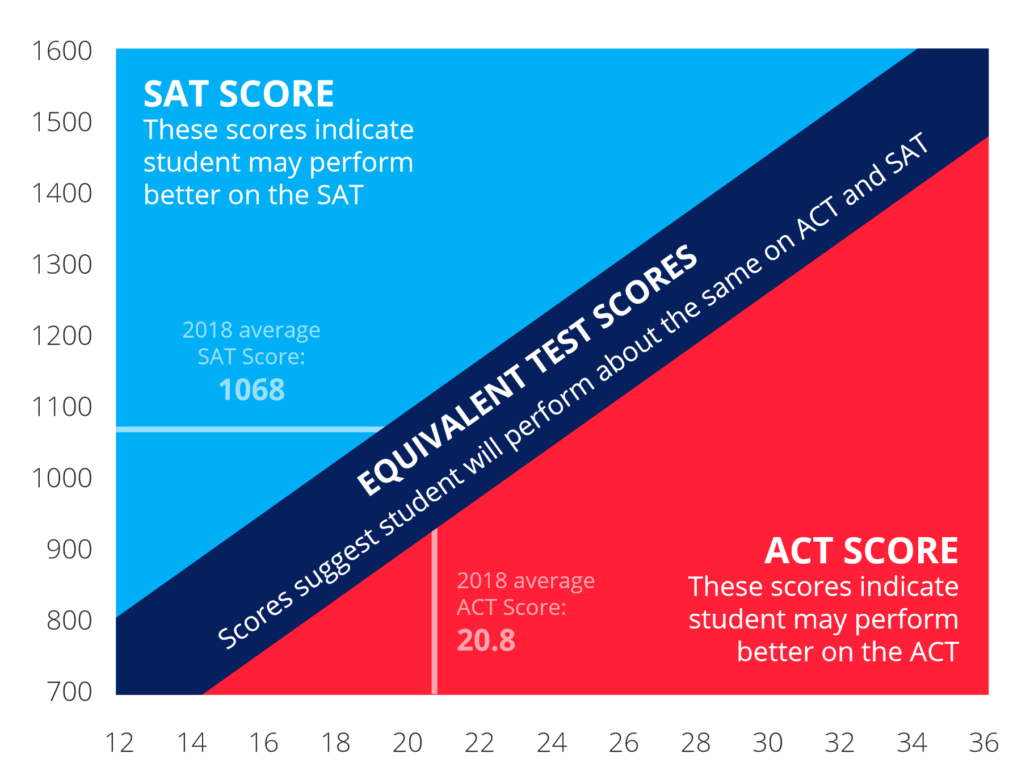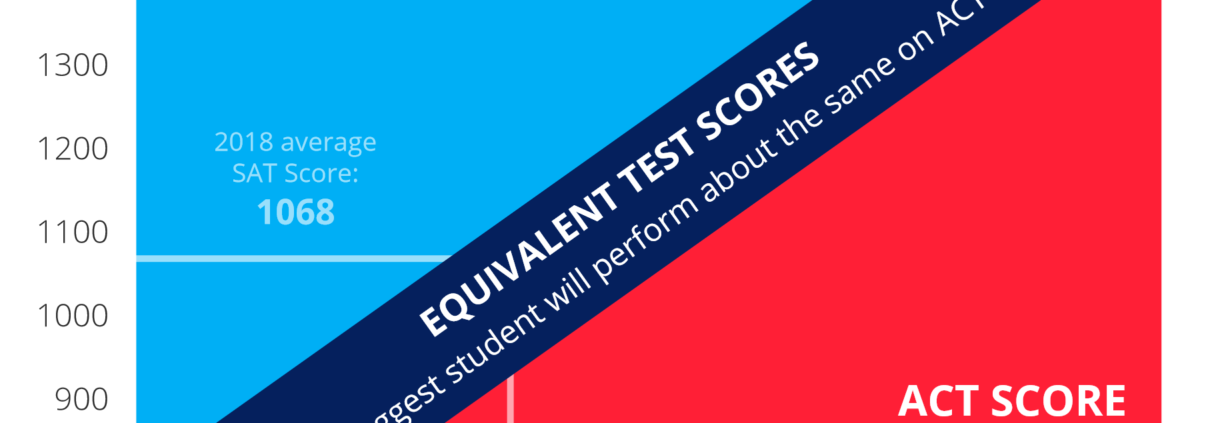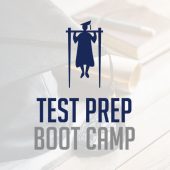4 questions to ask when you get your PSAT scores back
It’s a weird year for the PSAT. If you took the test in October, your scores are due to come out the week of December 7th. College Board did announce an additional test date of January 26th which many schools are following. Those scores are due to be out in mid-March.
If you are currently a high school Freshman or Sophomore, here are 4 questions you should ask yourself when you get your PSAT scores back.
How close am I to National Merit awards?
The National Merit selection process is a blog post on its own. You can read this post for more information.
Since the cutoff for National Merit Semifinalist varies by state, you need to know your state’s cutoff. If your PSAT score is within about 200 points of your state’s cutoff, you’re within solid range of Semifinalist. We have had students close a 300-point gap when they’re willing to put in the hard work.
You can double the payoff for that hard work if you prepare for the October SAT on the way to your Junior year PSAT. The PSAT is about 10 days later. Everything you do preparing for the October test will pay off for the PSAT. Take another practice test or two in between to stay at the top of your game, and you’ll be ready.
How does my score compare to the score I’ll need for college applications?
One of the biggest values of taking the PSAT your Sophomore year is to get a picture of how your scores compare to the scores of students at the colleges you want to attend. It could be a little tricky for the class of 2023 and 2024. Right now it’s tough to know how a school offering test optional applications is going to affect the application process next year. Early data is that as many as 75% of applicants are applying to college without test scores. At a minimum, it’s going to make the average SAT or ACT score a school receives go up. We’ve already seen that inflation with some data like this look at admissions from the University of Georgia.
A lot of college admissions is about staying out of the “no” pile. Test scores give admissions officers an objective way to say “no” if they want to. If the college you want to apply to has an average SAT score of 1290 and you score a 1330, the admissions office isn’t going to say no based on your score. Once you have a score that meets what the school typically looks for, you can focus on other things.
Your Sophomore PSAT score will give you a good idea about how far away you are from that score and what kind of prep you need to do. In a program like our 8-week Test Prep Boot Camp, we expect to see students improve their scores 180-200 points on the SAT or 4-5 points on the ACT. If you need to close a gap of more than 200 points, you may need to start preparing sooner.
Should I focus on the SAT or ACT?
You can save a lot of time in your prep if you focus on just one of the tests. Each test has its own nuanced differences; however, most of the students we work with end up scoring about the same on each test. When that happens, you can pick the test you liked more (or disliked less).
Many school counselors still advise students to take each test once to get a baseline. That was good advice before the internet offered upplenty of official practice tests you can use. Now you can get a free ACT like this one on ACT’s website. Take it with the time restrictions just like you did on the PSAT and compare the scores. You can use this chart we created to see if one score is significantly better than the other.

If you compare the scores and land in the light blue, you should probably focus on the SAT. If you land in the red, you should probably focus on the ACT. If you land in the bar in the middle, it’s your pick.
One exception to this is if you qualify for extended time on the tests. Because the toughest thing on the ACT is answering all of the questions in the time allowed, extended time can make a much bigger difference in your ACT score than it usually does on the SAT score. For this reason, we usually recommend that who qualify for extended time focus on the ACT.
How do I plan my college prep?
We have a number of free resources available. We created our test prep plan app specifically for that reason. You can get a plan that is built around the specific considerations. We also offer a free consultation to help students come up with a plan. Consultations are available in person and online. If you’re still not sure where to start, contact us. We know the questions to ask to help you come up with a plan.








